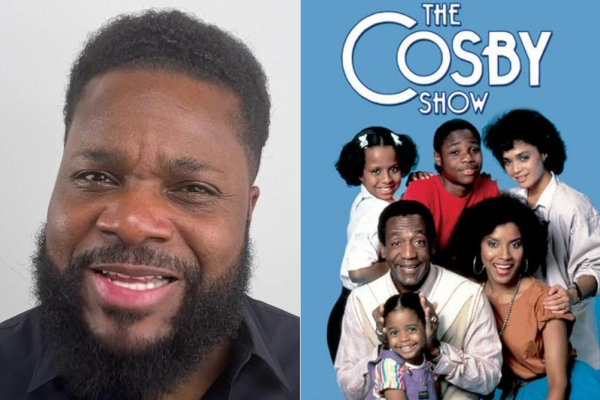Malcolm-Jamal Warner Is ‘Still Proud of the Legacy’ of ‘The Cosby Show’
The legacy of The Cosby Show was stained after Bill Cosby was sentenced to prison in 2018 for drugging and sexually assaulting multiple women. But actor Malcolm-Jamal Warner is “still proud of the legacy” the famed show created.
Warner played the role of Theo Huxtable, one of Claire and Heathcliff Huxtable’s five children, on the show that ran from 1984 to 1992. A lot has changed in the 30 years since the show went off the air, including Cosby’s three-to-10-year prison sentence that came to an end in June 2021 after the Philadelphia Supreme Court overturned the conviction and freed the disgraced comedian.
However, despite the Cosby scandal and how it tarnished all he had his name tied to, Malcolm Jamal-Warner is still standing behind the beloved sitcom and what it did for the Black community.
“What made it so groundbreaking was its universality,” Warner told People. “NBC initially saw it as a show about an upper-middle-class Black family.”
“Mr. [Bill] Cosby diligently impressed upon them that the show was about an upper-middle-class family that happened to be Black,” he continued.
The Accused star went on to explain how The Cosby Show set new milestones in the realm of Black sitcoms and Black representation on mainstream television.
“Prior to The Cosby Show, Black sitcom humor was predicated on being Black, the specificity of the ‘Black’ experience,” Warner explained. “Though the Huxtables were clearly Black — reflected quite obviously by their dress, the Black art on the walls, the music — the family issues all were universal.”
“And though Cliff [Cosby] was a doctor and Claire [Phylicia Rashad] was an attorney, the family dynamic was one that practically every family — no matter the ethnicity, socio-economic status or even family makeup — could find something to relate to,” he added.
Warner also subtly referenced how Cosby’s overturned sexual assault conviction might’ve changed how people view The Cosby Show today.
“Regardless of how some people may feel about the show now,” Warner said.
“I’m still proud of the legacy and having been a part of such an iconic show that had such a profound impact on — first and foremost, Black culture — but also American culture.”

